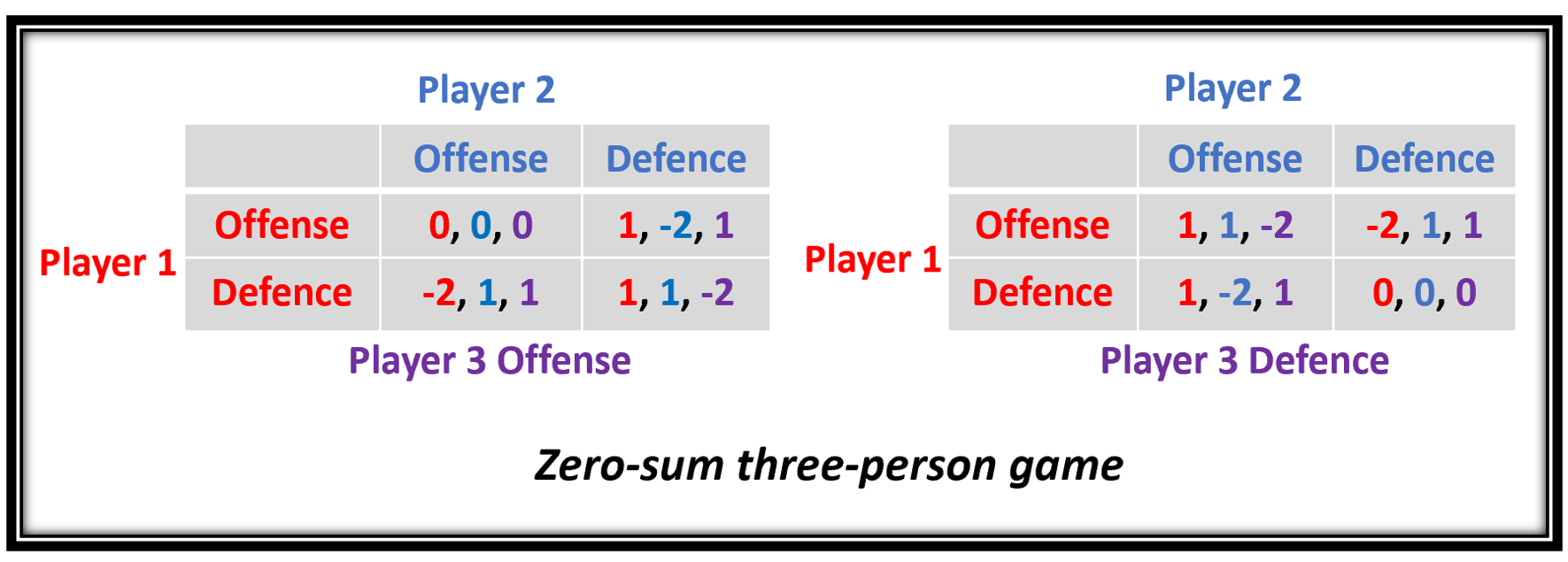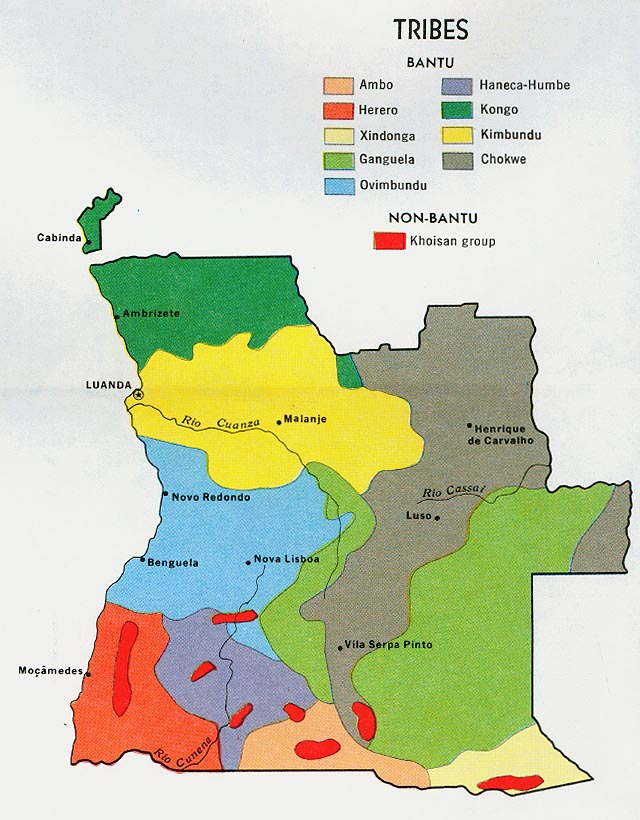|
Gatekeeper State
The concept of a gatekeeper state was introduced by Historian Frederick Cooper in his book ''Africa Since 1940: The Past of the Present''. It is used to describe African nations whose main function is balancing the instability of internal political control against the influence of external factors. Concept According to Cooper, African governments suffer from a peculiar politico-economic dysfunction that derives from a particular historical sequence. Specifically, he contends "Africa was systematically conquered but not so systematically ruled" (2002: 196–197) and hence "colonial states had been gate-keeper states" (''ibid''.: 5) which had "trouble extending their power and their command of people’s respect... inward" (''ibid''.: 156) but could control "the interface of national and world economies" (''ibid''.: 141). Colonial powers mainly sought to extract resources from Africa (e.g. natural resources, labor) which resulted in limited political foundation in territories. Ul ... [...More Info...] [...Related Items...] OR: [Wikipedia] [Google] [Baidu] |
Frederick Cooper (historian)
Frederick Cooper (born on October 27, 1947 in New York City) is an American historian who specializes in colonialization, decolonialization, and African history. After finishing his BA at Stanford University in 1969, Cooper received his Doctor of Philosophy from Yale University in 1974. From 1974 to 1982 he was Assistant, then Associate Professor at Harvard University. Becoming Professor of History at the University of Michigan in 1982, he left for a professorship of history at New York University where he has worked since 2002. Cooper initially studied the history of labor and of labor movements in East Africa, but later moved on to broaden his scope to embrace francophone West Africa as well. Though a firm base in social and polit-economical history is a constant of his works, one characteristic of Cooper's approach to history is a strong concern with epistemological questions and the possibilities and limits of knowledge production, as can best be seen in his articles on glo ... [...More Info...] [...Related Items...] OR: [Wikipedia] [Google] [Baidu] |
Natural Resources
Natural resources are resources that are drawn from nature and used with few modifications. This includes the sources of valued characteristics such as commercial and industrial use, aesthetic value, scientific interest and cultural value. On Earth, it includes sunlight, atmosphere, water, land, all minerals along with all vegetation, and wildlife. Natural resources is a part of humanity's natural heritage or protected in nature reserves. Particular areas (such as the rainforest in Fatu-Hiva) often feature biodiversity and geodiversity in their ecosystems. Natural resources may be classified in different ways. Natural resources are materials and components (something that can be used) that can be found within the environment. Every man-made product is composed of natural resources (at its fundamental level). A natural resource may exist as a separate entity such as fresh water, air, as well as any living organism such as a fish, or it may be transformed by extractivist in ... [...More Info...] [...Related Items...] OR: [Wikipedia] [Google] [Baidu] |
Authority
In the fields of sociology and political science, authority is the legitimate power of a person or group over other people. In a civil state, ''authority'' is practiced in ways such a judicial branch or an executive branch of government.''The New Fontana Dictionary of Modern Thought'' Third Edition, Allan Bullock and Stephen Trombley, Eds. p. 115. In the exercise of governance, the terms ''authority'' and ''power'' are inaccurate synonyms. The term ''authority'' identifies the political legitimacy, which grants and justifies the ruler's right to exercise the power of government; and the term ''power'' identifies the ability to accomplish an authorized goal, either by compliance or by obedience; hence, ''authority'' is the ''power'' to make decisions and the legitimacy to make such legal decisions and order their execution. History Ancient history, Ancient understandings of authority trace back to Ancient Rome, Rome and draw later from Catholic (Thomism, Thomistic) thought and ... [...More Info...] [...Related Items...] OR: [Wikipedia] [Google] [Baidu] |
Legitimacy (political)
In political science, legitimacy is the right and acceptance of an authority, usually a governing law or a regime. Whereas ''authority'' denotes a specific position in an established government, the term ''legitimacy'' denotes a system of government—wherein ''government'' denotes "sphere of influence". An authority viewed as legitimate often has the right and justification to exercise power. Political legitimacy is considered a basic condition for governing, without which a government will suffer legislative deadlock(s) and collapse. In political systems where this is not the case, unpopular regimes survive because they are considered legitimate by a small, influential elite.Dahl, Robert A. ''Polyarchy: Participation and Opposition'' (pp. 124–188). New Haven (Connecticut) and London: Yale University Press, 1971 In Chinese political philosophy, since the historical period of the Zhou Dynasty (1046–256 BC), the political legitimacy of a ruler and government was derived from the ... [...More Info...] [...Related Items...] OR: [Wikipedia] [Google] [Baidu] |
License Raj
The Licence Raj or Permit Raj (''rāj'', meaning "rule" in Hindi) was the system of licences, regulations, and accompanying red tape, that hindered the set up and running of businesses in India between 1947 and 1990. Up to 80 government agencies had to be satisfied before private companies could produce something and, if granted, the government would regulate production. The term is a play on the "British Raj", which refers to the period of British rule in India. It was coined by Indian independence activist and statesman Chakravarti Rajagopalachari, who firmly opposed it for its potential for political corruption and economic stagnation, founding the Swatantra Party to oppose these practices. Reforms started in 1991 have significantly reduced regulation, but Indian labour laws still prevent manufacturers from reducing their workforce without prohibitive burdens. History Following the Russian Revolution, socialist thinkers in India began drawing parallels between the p ... [...More Info...] [...Related Items...] OR: [Wikipedia] [Google] [Baidu] |
Zero-sum Game
Zero-sum game is a mathematical representation in game theory and economic theory of a situation which involves two sides, where the result is an advantage for one side and an equivalent loss for the other. In other words, player one's gain is equivalent to player two's loss, therefore the net improvement in benefit of the game is zero. If the total gains of the participants are added up, and the total losses are subtracted, they will sum to zero. Thus, cutting a cake, where taking a more significant piece reduces the amount of cake available for others as much as it increases the amount available for that taker, is a zero-sum game if all participants value each unit of cake equally. Other examples of zero-sum games in daily life include games like poker, chess, and bridge where one person gains and another person loses, which results in a zero-net benefit for every player. In the markets and financial instruments, futures contracts and options are zero-sum games as well. In c ... [...More Info...] [...Related Items...] OR: [Wikipedia] [Google] [Baidu] |
List Of Active Separatist Movements In Africa
This is a list of currently active separatist movements in Africa. Separatism includes autonomism and secessionism. What is and is not considered an autonomist or secessionist movement is sometimes contentious. Entries on this list must meet three criteria: #They are active movements with living, active members. #They are seeking greater autonomy or self-determination for a geographic region (as opposed to personal autonomy). #They are the citizen/inhabitants of the conflict area and do not come from another country. Under each region listed is one or more of the following: *''De facto'' state: for regions with ''de facto'' autonomy from the government *Proposed state: proposed name for a seceding sovereign state *Proposed autonomous area: for movements toward greater autonomy for an area but not outright secession **''De facto'' autonomous government: for governments with ''de facto'' autonomous control over a region **Government-in-exile: for a government based outside of the re ... [...More Info...] [...Related Items...] OR: [Wikipedia] [Google] [Baidu] |
Types Of Countries
Type may refer to: Science and technology Computing * Typing, producing text via a keyboard, typewriter, etc. * Data type, collection of values used for computations. * File type * TYPE (DOS command), a command to display contents of a file. * Type (Unix), a command in POSIX shells that gives information about commands. * Type safety, the extent to which a programming language discourages or prevents type errors. * Type system, defines a programming language's response to data types. Mathematics * Type (model theory) * Type theory, basis for the study of type systems * Arity or type, the number of operands a function takes * Type, any proposition or set in the intuitionistic type theory * Type, of an entire function ** Exponential type Biology * Type (biology), which fixes a scientific name to a taxon * Dog type, categorization by use or function of domestic dogs Lettering * Type is a design concept for lettering used in typography which helped bring about modern textual print ... [...More Info...] [...Related Items...] OR: [Wikipedia] [Google] [Baidu] |
Neocolonialism
Neocolonialism is the continuation or reimposition of imperialist rule by a state (usually, a former colonial power) over another nominally independent state (usually, a former colony). Neocolonialism takes the form of economic imperialism, globalization, cultural imperialism and conditional aid to influence or control a developing country instead of the previous colonial methods of direct military control or indirect political control (hegemony). Neocolonialism differs from standard globalisation and development aid in that it typically results in a relationship of dependence, subservience, or financial obligation towards the neocolonialist nation. This may result in an undue degree of political control or spiraling debt obligations, functionally imitating the relationship of traditional colonialism. Neocolonialism frequently affects all levels of society, creating neo-colonial systems that disadvantage local communities, such as neo-colonial science. Coined by the French p ... [...More Info...] [...Related Items...] OR: [Wikipedia] [Google] [Baidu] |
International Development In Africa
International is an adjective (also used as a noun) meaning "between nations". International may also refer to: Music Albums * ''International'' (Kevin Michael album), 2011 * ''International'' (New Order album), 2002 * ''International'' (The Three Degrees album), 1975 *''International'', 2018 album by L'Algérino Songs * The Internationale, the left-wing anthem * "International" (Chase & Status song), 2014 * "International", by Adventures in Stereo from ''Monomania'', 2000 * "International", by Brass Construction from ''Renegades'', 1984 * "International", by Thomas Leer from ''The Scale of Ten'', 1985 * "International", by Kevin Michael from ''International'' (Kevin Michael album), 2011 * "International", by McGuinness Flint from ''McGuinness Flint'', 1970 * "International", by Orchestral Manoeuvres in the Dark from '' Dazzle Ships'', 1983 * "International (Serious)", by Estelle from '' All of Me'', 2012 Politics * Political international, any transnational organization of ... [...More Info...] [...Related Items...] OR: [Wikipedia] [Google] [Baidu] |
Economy Of Africa
The economy of Africa consists of the trade, industry, agriculture, and human resources of the continent. , approximately 1.3 billion people were living in 54 countries in Africa. Africa is a resource-rich continent. Recent growth has been due to growth in sales in commodities, services, and manufacturing. West Africa, East Africa, Central Africa and Southern Africa in particular, are expected to reach a combined GDP of $29 trillion by 2050. In March 2013, Africa was identified as the world's poorest inhabited continent; however, the World Bank expects that most African countries will reach "middle income" status (defined as at least US$1,025 per person a year) by 2025 if current growth rates continue. There are a number of reasons for Africa's poor economy: historically, even though Africa had a number of empires trading with many parts of the world, most people lived in tribal rural societies; in addition, European colonization and the later Cold War created political, ... [...More Info...] [...Related Items...] OR: [Wikipedia] [Google] [Baidu] |




